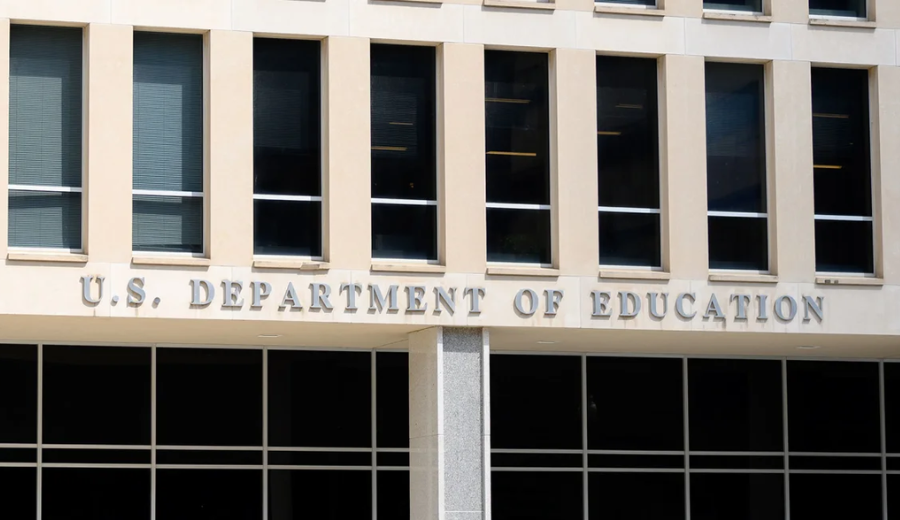In a significant legal development on April 24, 2025, multiple federal judges issued rulings temporarily halting the enforcement of the Trump administration’s directives aimed at limiting Diversity, Equity, and Inclusion (DEI) initiatives in educational institutions. These decisions come in response to lawsuits filed by major teacher unions and civil rights organizations, challenging the administration’s interpretation of federal anti-discrimination laws.
Background of the Directives
The Trump administration had issued directives through the Department of Education’s Office for Civil Rights, threatening to cut federal funding to K-12 schools and colleges that incorporated race-based considerations in various aspects, including hiring, student discipline, scholarships, and academic programs. The administration argued that such practices violated federal civil rights laws.
Judicial Rulings and Their Implications
Three federal judges—Landya McCafferty in New Hampshire, Stephanie Gallagher in Maryland, and Dabney Friedrich in Washington, D.C.—issued preliminary injunctions against the enforcement of these directives. The judges cited concerns over potential legal and constitutional violations, including overreach of statutory authority and vagueness in the directives’ language.
Judge McCafferty’s ruling specifically restricted enforcement for institutions affiliated with the National Education Association (NEA), while Judges Gallagher and Friedrich issued broader cautions against enforcement due to procedural and constitutional flaws. The rulings emphasized that the directives could penalize particular viewpoints and lacked clarity, potentially infringing upon First Amendment rights.
Reactions from Educational and Civil Rights Organizations
The NEA, the American Federation of Teachers (AFT), and the NAACP, among other organizations, welcomed the court decisions. They argued that the administration’s directives were an attempt to dismantle DEI programs that promote inclusive educational environments. These groups contended that the directives imposed unconstitutional viewpoint discrimination and restricted academic freedom.
Broader Context and Future Outlook
The legal challenges to the Trump administration’s anti-DEI directives reflect a broader national debate over the role of DEI initiatives in education. While the administration maintains that its actions are in line with federal law, the court rulings underscore the complexities and potential constitutional conflicts involved.
As these cases proceed through the legal system, educational institutions and policymakers will be closely monitoring the outcomes, which could have lasting implications for the implementation of DEI programs across the United States.
















